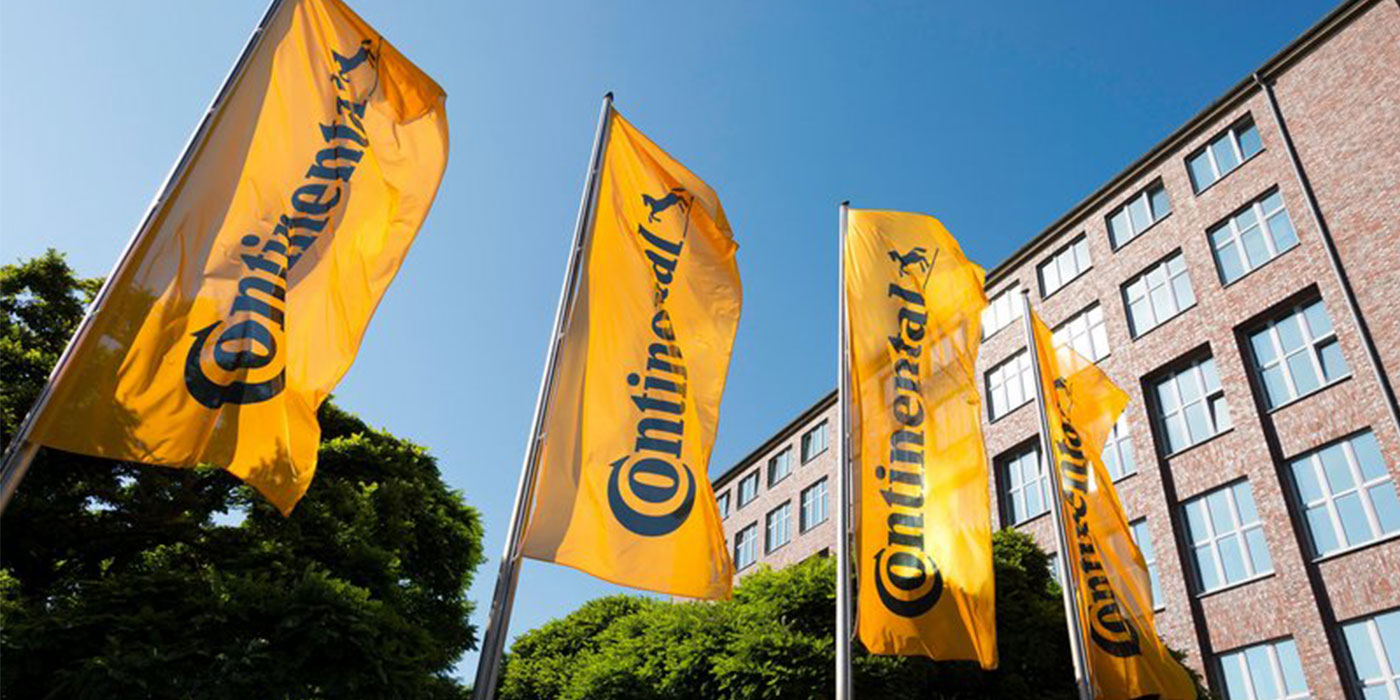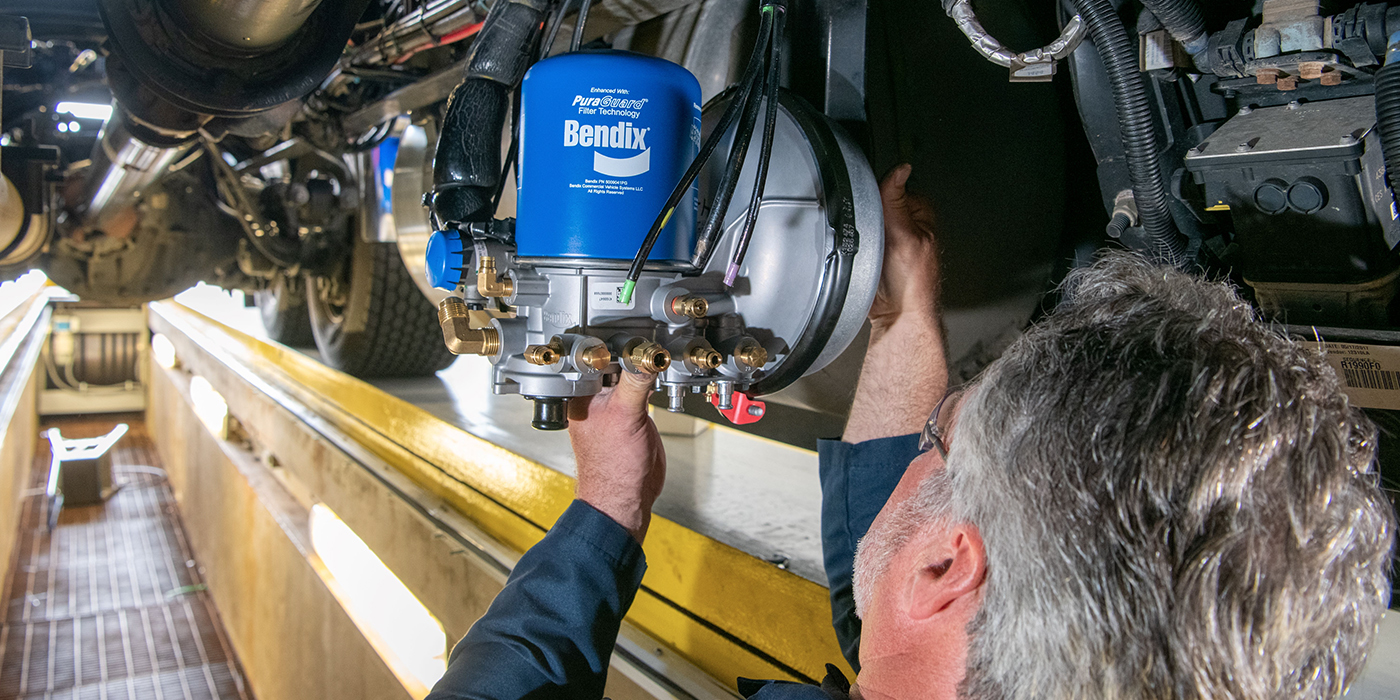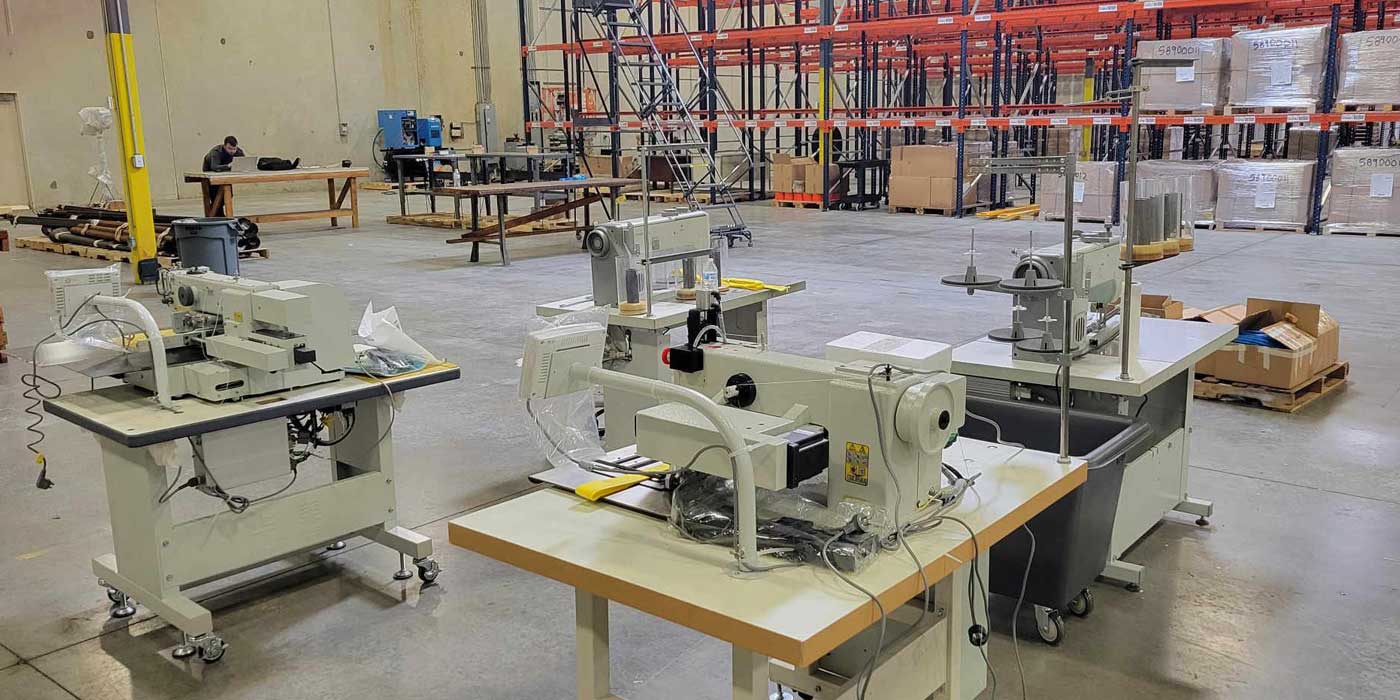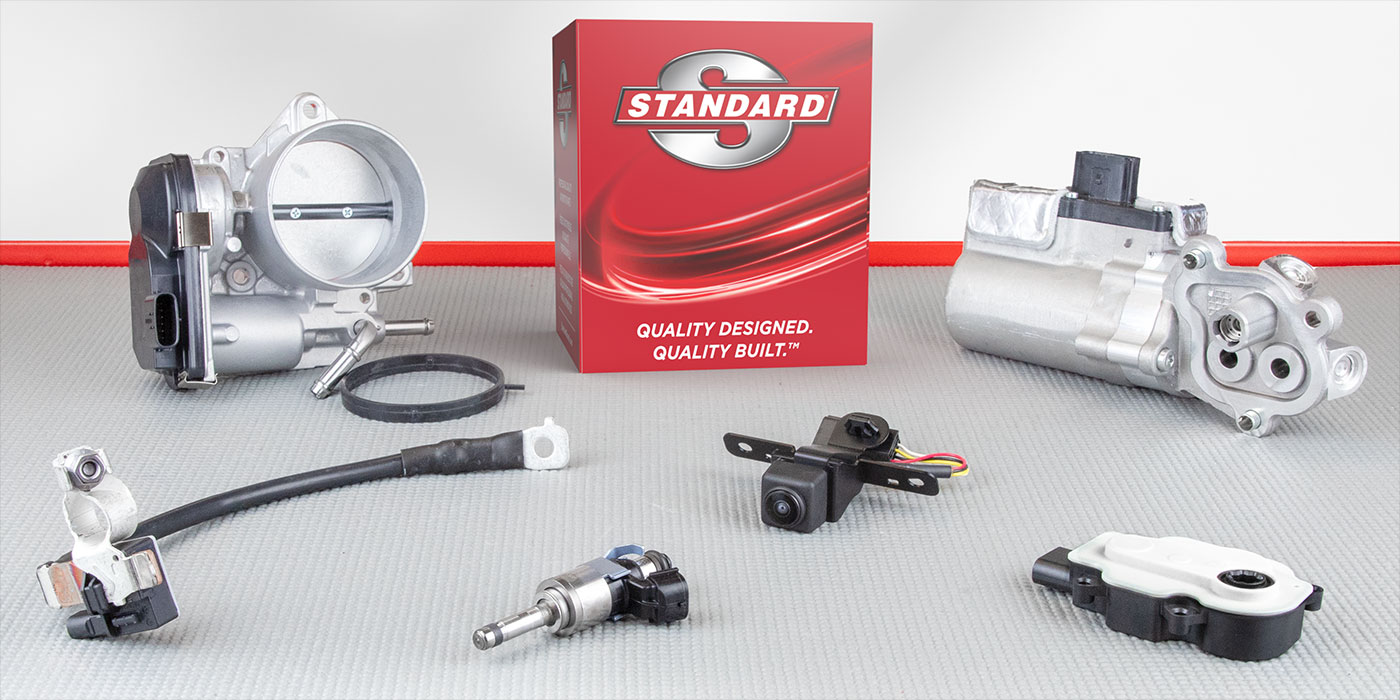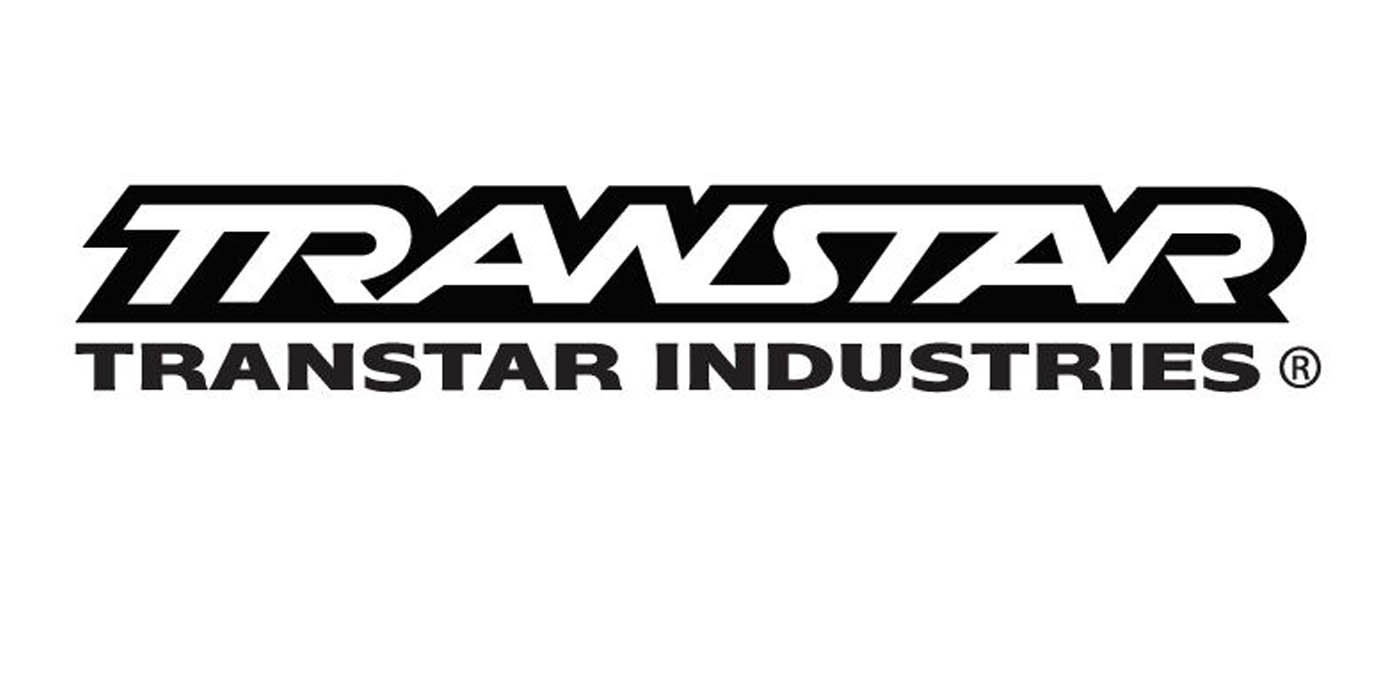The U.S. economy grew at a sluggish 6.5% annual rate in the second quarter, and, according to the U.S. Department of Commerce, the GDP did not accelerate as expected either. The reason for the slowdown is being blamed on supply chain issues – product and labor shortages more specifically.
The issue has become so widespread that one only has to look as far as your favorite coffee chain to see notes posted on the drive-thru window announcing lack of availability of many favorite products (I’m looking at you, Starbucks). While supply chain issues that stemmed from the COVID-19 pandemic are now touching nearly every industry, the automotive industry took an additional hit due to the shortage of microchips needed for vehicle production.
According to data presented by BuyShares.co.uk, Ford and Chevrolet have taken the worst hit in the global microchip shortage, with almost 370,000 vehicles taken out of production as of May.
When automotive factories in the U.S. and across the globe closed in the early days of the COVID-19 last spring, many carmakers made what has turned out to be a critical error. They canceled orders for the microchips essential to the manufacture and operation of new cars. Although demand for new cars has returned, the microchips, vital for everything from a vehicle’s onboard computer to safety features and infotainment systems, have been in short supply around the world for months, and the problem could take a couple of years to resolve, according to BuyShares.co.uk data.
Add to this a fire at an automotive chip plant in Japan, tighter supply chains after the Ever Given grounding in the Suez Canal, and the lack of oil for the plastic used in chips, and automakers now find themselves in hot water.
An Auto Forecast Solutions report showed Ford has been the hardest hit by the global microchip shortage, taking more than 230,000 vehicles out of production. Chevrolet took the second-hardest hit among the U.S. carmakers, with its production cut down by 140,800 cars. Jeep follows with around 138,700, respectively.
When it comes to the worst impacted models, the Ford F-Series pickup comes first, with its production reduced by 109,710 units due to the microchip shortage. Statistics show 98,584 fewer Jeep Cherokees are planned, while Chevrolet Equinox production will fall by 81,833, ranking as the third-worst impacted model.
What Happens Next
As original-equipment manufacturers and suppliers continue to evaluate the resiliency of their supply chains and inventories, as well as adapting their schedules to reflect these, IHS Markit analysts have been keeping a close eye on the developments.
In the first quarter, IHS says it started to see major disruption as it became clear that supply chains were out of sync and semiconductors were not available to support higher levels of vehicle demand. The semiconductor supplies had been moving to other industry sectors, such as consumer electronics. Over time, vehicle demand had come back strongly after the initial disruption of COVID-19 in the first and second quarters of 2020. This strong demand also was creating an imbalance as the semiconductor supply chain was not geared up to support the level of automotive demand that was emerging. This led to an estimated 1.4 million light vehicles not being built globally in the first quarter.
Moving into the second quarter, the levels of disruption continued to weigh down on automotive supply chains, including semiconductors. The situation from the first quarter already presented a challenge, and then we saw the effects of the storms that hit Texas, spurring concerns over the ripple effect. Shortly afterward, the Fukushima earthquake in Japan, along with the fire at Renesas Naka 3 facility, further dealt a blow to the supply chains. All these additional shocks happened in the first quarter, but the greatest impact was felt in the second.
In third quarter, IHS says it expects continued disruption, but not to the scale seen in the first or second quarter.
“We expect an improvement over the first or second quarter because the situation is becoming better understood and great efforts are being made to enhance visibility within a very complex supply chain. We see evidence of this in some of the more relaxed announcements coming from General Motors (GM) starting back operations earlier than initially planned and Toyota’s ongoing commitment to its planning. In Toyota’s case we know that they have been monitoring supply chains for over 10 years since the Fukushima earthquake/tsunami in 2011, while GM has been focused on improving its understanding of the situation since January and we may now be seeing some results. However, there are still mixed signals and it is too early to sound the ‘all-clear,’” said IHS Market in its report.
For the final quarter of the year, IHS Market believes the semiconductor supply may return to a “reasonable” level of demand but cautions that automakers and Tier 1 suppliers must be realistic with planning volumes to achieve this.
AASA Webinar Series to Help Members Address Supply Chain Issues
As the industry continues to watch the situation closely, the Automotive Aftermarket Suppliers Association (AASA), along with sponsors Baker Tilly and eShipping, have announced a six-part webinar series for its members to help them manage supply chain issues going into the next several quarters. The “AASA Supply Chain Series: Essential Strategies to Meet Customer Demand,” begins in early August and runs through October, and will include hour-long sessions on topics such as logistics, transportation, shipping, freight, sourcing and labor solutions. This will be the first event to focus specifically on supply chain in the industry.
“Our members are the leading aftermarket suppliers, and they have informed us that current supply chain disruptions are continuing and are requiring new solutions,” said Paul McCarthy, president of AASA. “We will connect members to subject-matter experts who will provide best practices and new strategic approaches to managing both the current crisis and help aftermarket suppliers meet the needs of customers and an ever-changing supply chain environment.”
AASA will host each of the webinars as live sessions and will provide all the content on-demand following each event. Registrants will have access to the series as an entire package, so when purchasing access to one webinar, one gains access to the entire series to allow flexibility with schedules and engage the right people in the organization on the right topics. Registration also will include two roundtable discussions for a deeper dive around these popular-demand topics. The series will be available to the public with a discounted rate for all AASA members.
Visit www.aftermarketsuppliers.org to learn more.


